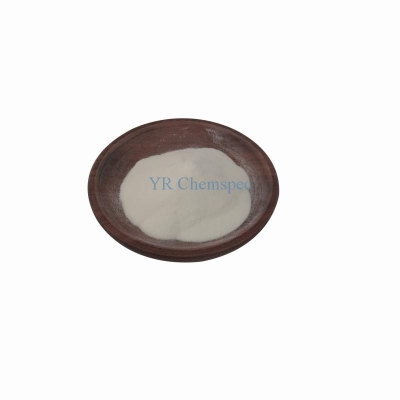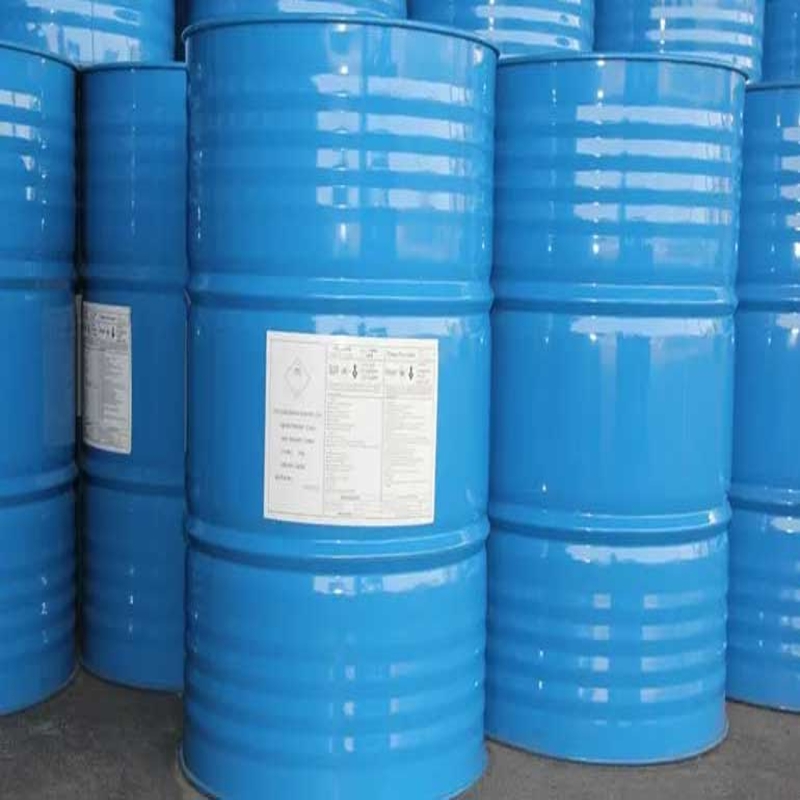-
Categories
-
Pharmaceutical Intermediates
-
Active Pharmaceutical Ingredients
-
Food Additives
- Industrial Coatings
- Agrochemicals
- Dyes and Pigments
- Surfactant
- Flavors and Fragrances
- Chemical Reagents
- Catalyst and Auxiliary
- Natural Products
- Inorganic Chemistry
-
Organic Chemistry
-
Biochemical Engineering
- Analytical Chemistry
-
Cosmetic Ingredient
- Water Treatment Chemical
-
Pharmaceutical Intermediates
Promotion
ECHEMI Mall
Wholesale
Weekly Price
Exhibition
News
-
Trade Service
Significant progress has been made in the bio-acrylic process
BASF of Germany, Cargill of the United States and Novozymes of Denmark have announced significant progress in the process of acrylic acid, a renewable raw material jointly developed by the three parties, which has been successfully used in the small batch production of 3-hydroxypropionic acid (3-HP).
3-HP is a potentially important raw material for bioacrylic acid, a precursor for
the synthesis of superabsorbent polymers such as baby diapers.
In 2008, Cargill and Novozymes signed a joint development agreement to develop microorganisms
that can effectively convert renewable raw materials into 3-HP.
Acrylic acid producer BASF AG joined the project in August 2012 to develop a process
for converting bio-based 3-HP to acrylic acid.
Teresa Szelest, Senior Vice President of BASF's Global Hygiene business unit, said: "3-HP is a potentially important raw material for bioacrylic acid and a precursor for
the synthesis of superabsorbent polymers.
This is an important milestone towards commercial production, and we believe that the overall bioacrylic process is expected to reach the level
of large-scale production by 2014.
Rasmus von Gottberg, Vice President of Corporate Development and Business Innovation at
Novozymes, said: "Being able to produce 3-HP in small batches means that we have reached an important milestone
.
It proves that acrylic, an important chemical, can be produced
from renewable raw materials under industrial conditions.
We will continue to move towards
our goal of commercialization.
(Lian Meng)







